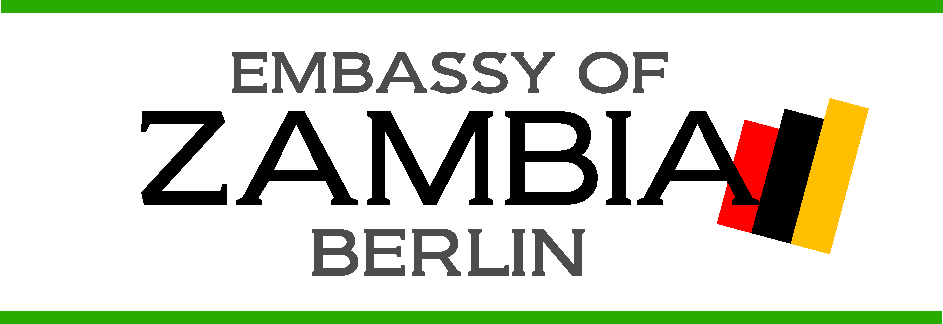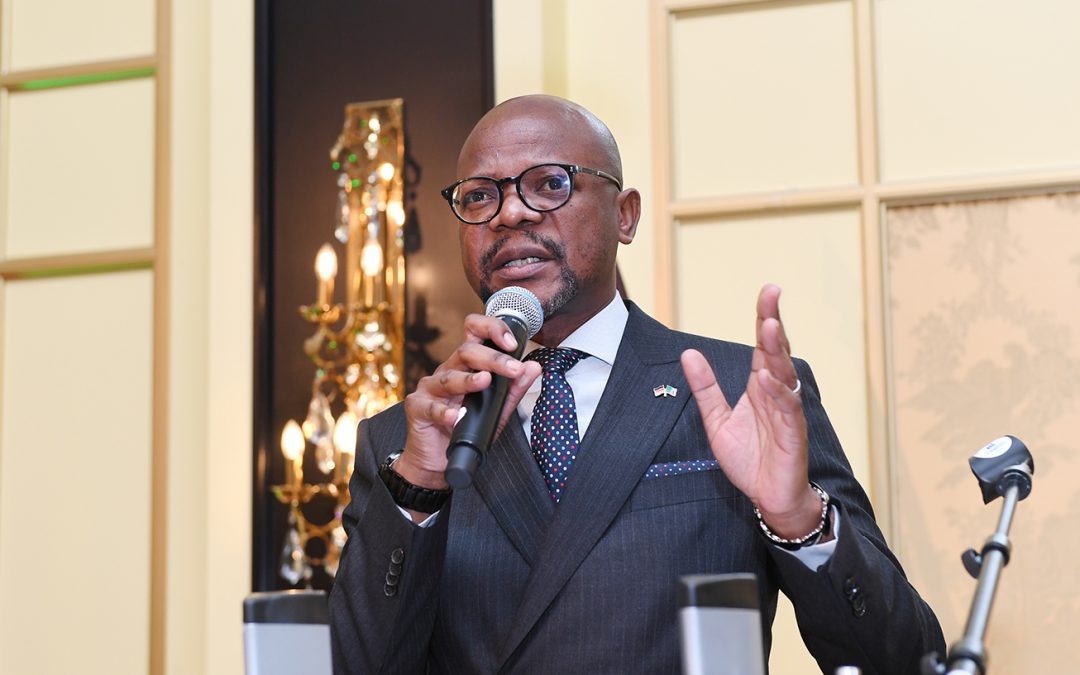….. as some countries continue to treat climate change a hoax
Katowice, December 13, 2018
The Zambian government has called on the international community to accept the view by scientists that unless world governments act quickly, planet earth faces the real risk of endangering all life forms by 2030.
Government says there is sufficient evidence everywhere in the world to confirm the rapid deterioration and disintegration of life support systems on planet earth.
Zambia’s Ambassador to Germany, His Excellency Anthony Mukwita delivered the Zambian position to the climate change conference in the Polish city of Katowice.
“We are heavily dependent on water for the production of electricity but we saw the clear effects of climate change in the 2015/2016 rainy season when poor rainfall lead to low water levels and subsequently to inadequate electricity production”, ambassador Mukwita told a high level meeting consisting government representatives representing 196 countries.
He shared the experiences of load shedding and the loss of business and loss of employment across several sectors of the Zambian economy. Given this experience, ambassador Mukwita told the conference that Zambia has put in place a national policy on climate change that serves as a framework for the formulation of programs aimed at addressing climate change.
Zambia has prioritized among other sectors energy and agriculture due to their vulnerability to forces of nature.
The Intergovernmental Panel on Climate Change, IPCC, a grouping of experts, presented a report that warned that human activities were contributing significantly to natural disasters and unpredictable weather patterns.
To arrest the trend, the scientists have suggested the adoption of renewable energies and a significant reduction in the consumption of such fossil fuels as oil and coal.
The scientists have suggested keeping the global temperature at 1.5 degrees by the year 2030 if planet earth is to sustain any life forms.
The Katowice meeting is the 24th Conference of the Parties otherwise known as COP24. These are parties to the 2015 Paris Agreement who have been meeting every year to draw up rules of implementing and monitoring adherence to rules for the actualization of the agreement.
Since December the 2nd, experts representing governments that are signatories to the Paris Agreement have been meeting to negotiate guidelines all so known as the Rule Book for the implementation of the Paris Agreement.
About 14 Zambian experts representing different Ministries and departments along with members of civil society have been part of the negotiations. The meeting closes December 14.

